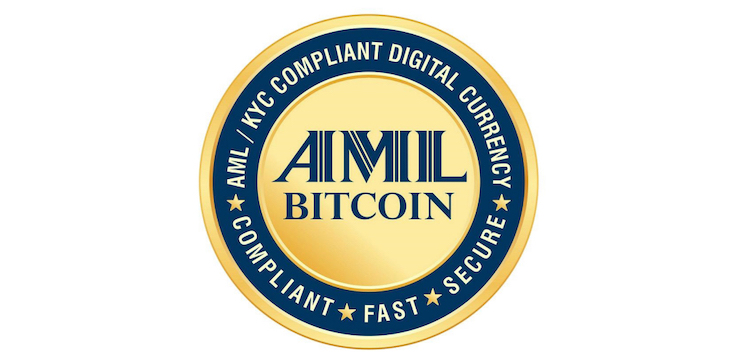|
Getting your Trinity Audio player ready...
|
The U.S. District Court in California has rejected AML Bitcoin’s attempt to have the SEC case against it thrown out, making a preliminary finding that based on the facts set out in the suit, the SEC has plausibly alleged that ABTC tokens constituted securities.
The SEC had sued the NAC Foundation (the team behind AML Bitcoin) and its CEO on allegations it violated federal laws in its 2017 ICO, alleging that it amounted to the offering of an unregistered security. NAC was attempting to get the lawsuit dismissed on the basis that the SEC’s case was “legally deficient, factually erroneous, and borderline malicious.” Now that this attempt has been rejected, the case will proceed.
As the Judge was ruling on the defendant’s motion to dismiss, the factual allegations in the SEC’s suit are assumed to be true while the Court looks to determine if the claim has sound legal basis. Because this lawsuit is about the alleged offering of unregistered securities, the Court’s analysis was chiefly concerned with the application of the Howey Test to the ABTC offering. On the basis of the facts as set out in the SEC’s lawsuit, the Court found that the Howey elements at issue—whether the token purchasers had bought into a ‘common enterprise’ on the ‘expectation of profit’—were satisfied.
It remains to be seen whether the facts will ultimately be accepted at trial.
What lawsuit?
The SEC had brought the civil enforcement actions against the NAC Foundation and CEO Marcus Andrade in 2020. A similar action was also brought against political lobbyist Jack Abramoff, who helped promote the ABTC ICO. Abramoff has already agreed to a settlement which includes the disgorgement of $50,000 worth of commissions and a bar from the securities industry.
The U.S. Attorney’s Office for the Northern District of California also brought criminal actions against Andrade and Abramoff. Andrade is accused of wire fraud, while Abramoff is accused of conspiracy to commit wire fraud and lobbying disclosure violations. Abramoff pleaded guilty to the charges in July.
Who’s next?
Recently, the United States government has been keen to make a point out of companies like AML Bitcoin and Ripple who violated securities laws when they hosted their ICOs. CoinGeek took a deep dive into the Ethereum ICO and the roll-out of ETH 2.0 and why both do not pass the Howey test. At the moment, it seems like the U.S. government is picking and choosing which projects it goes after. But at the end of the day, an unregistered securities sale is an unregistered securities sale, and if a digital currency project cannot pass the Howey Test, it most likely won’t end well for that project.
Editor’s note: This article has been updated.

 02-25-2026
02-25-2026 




